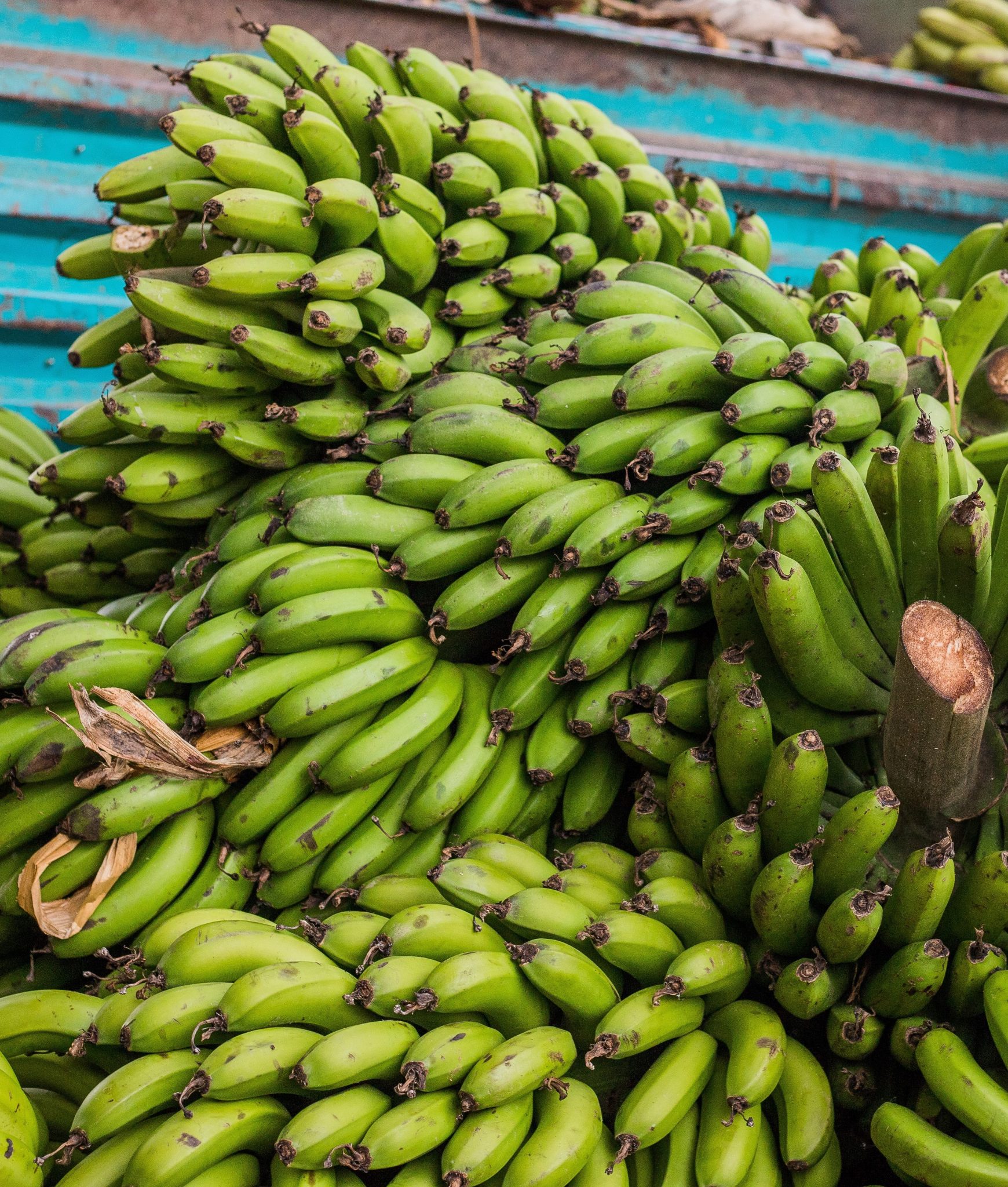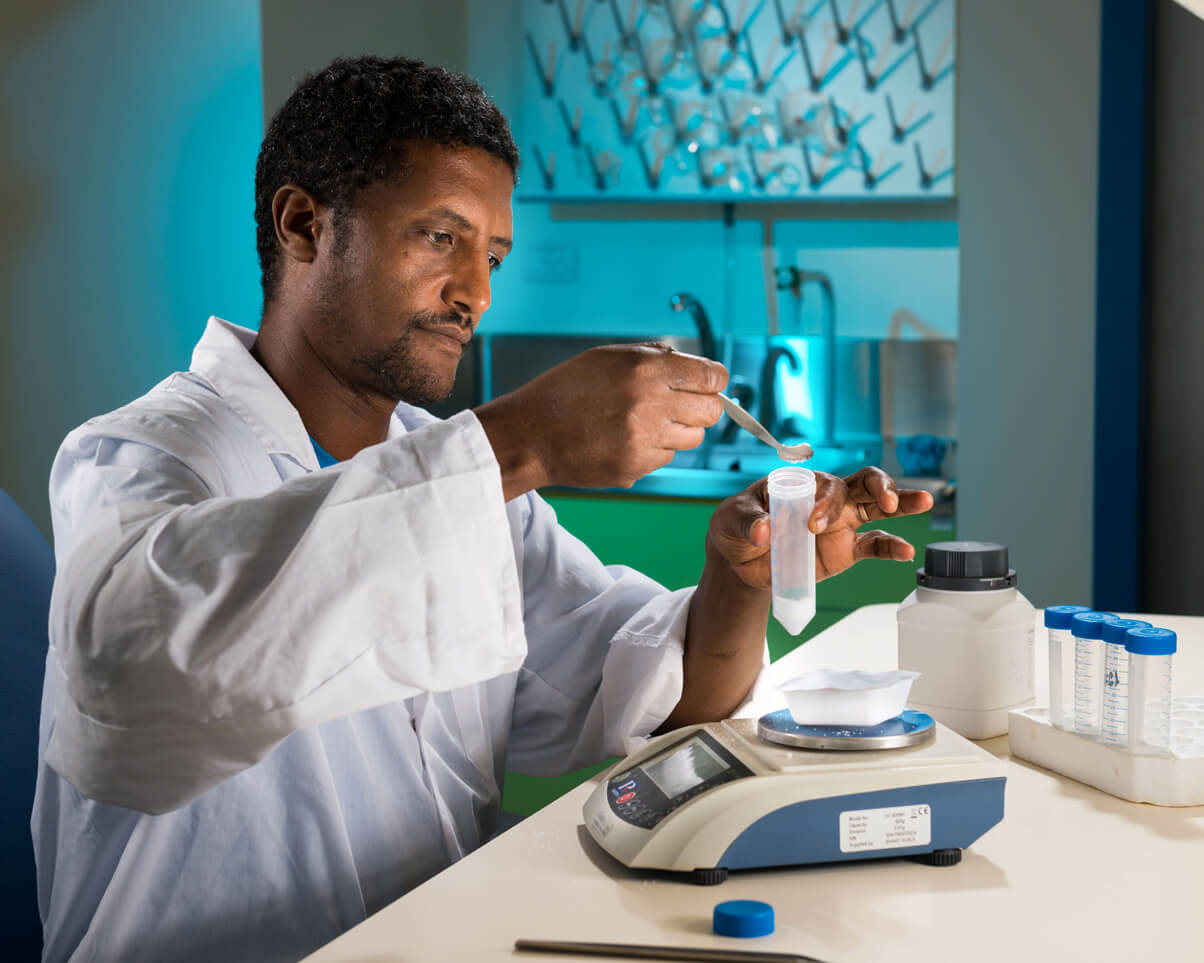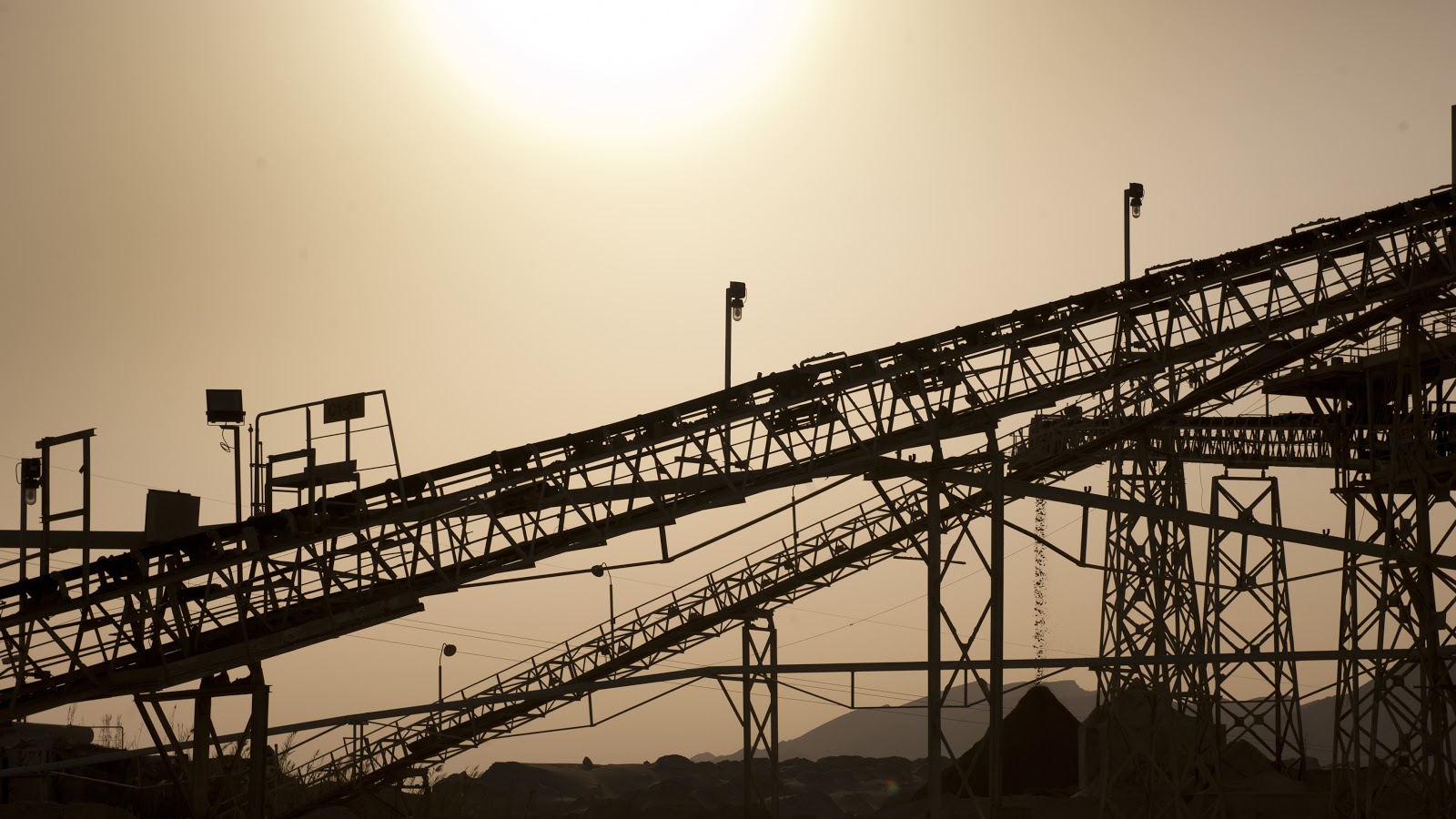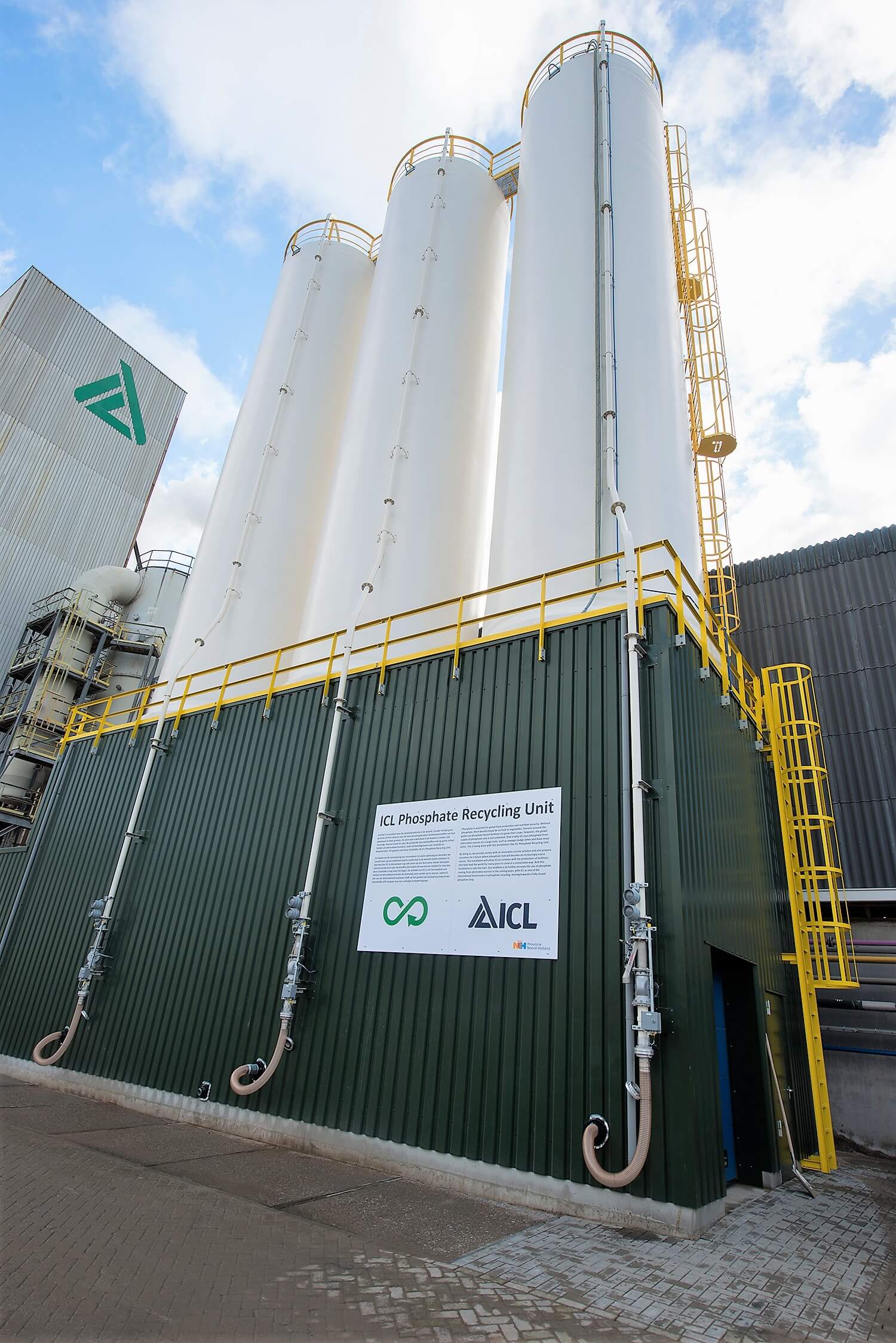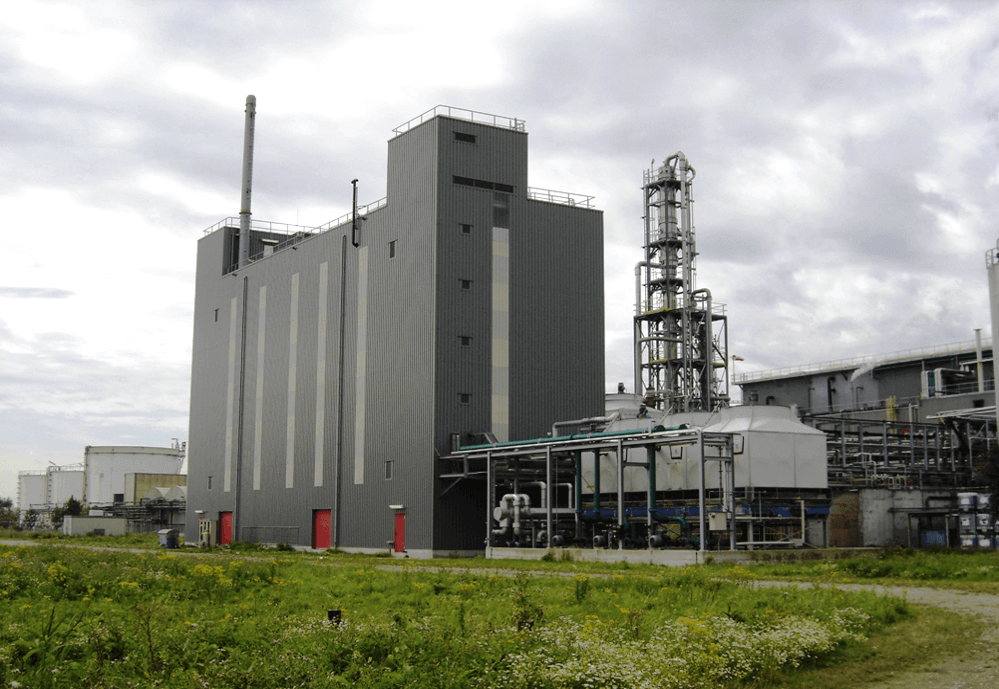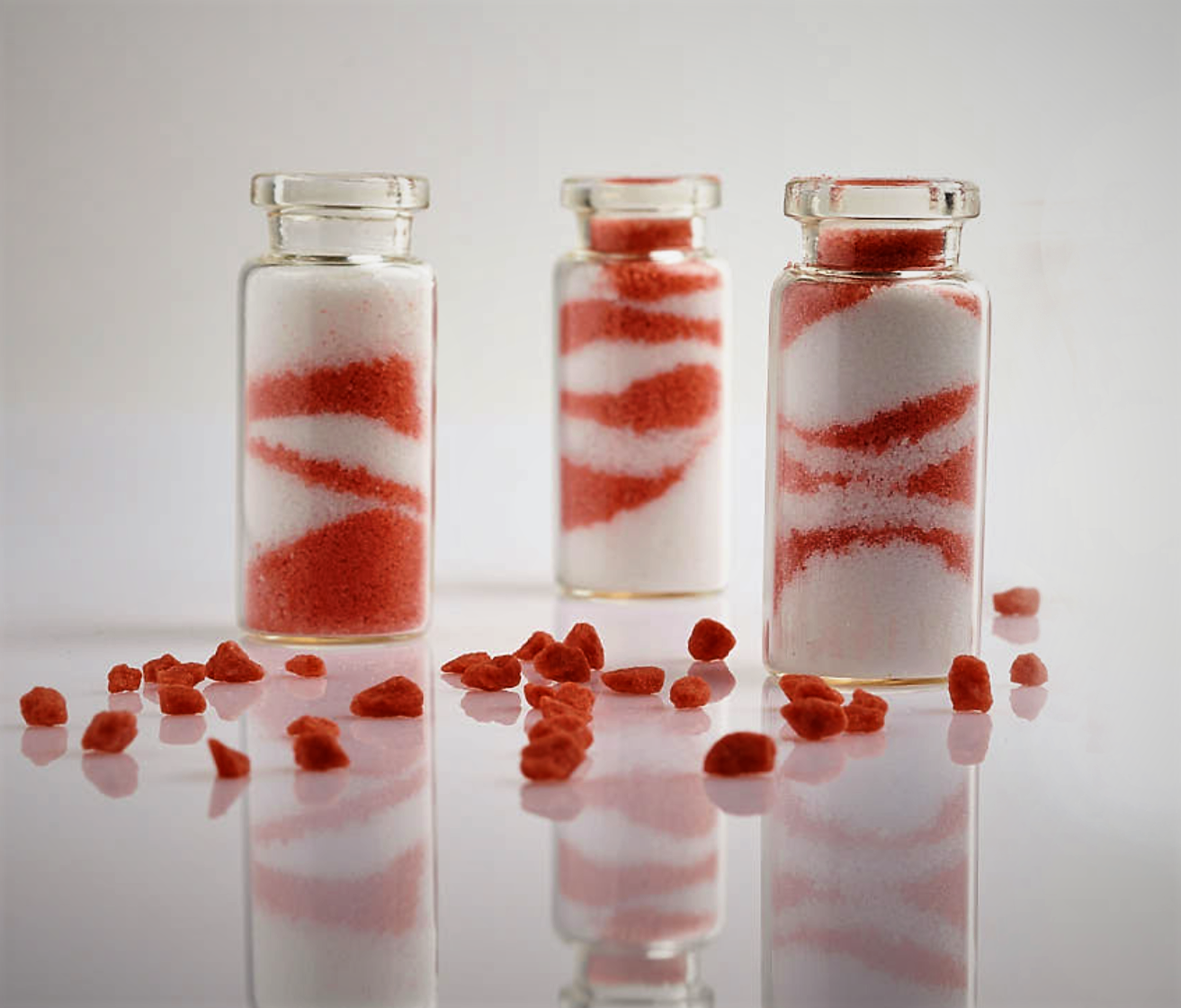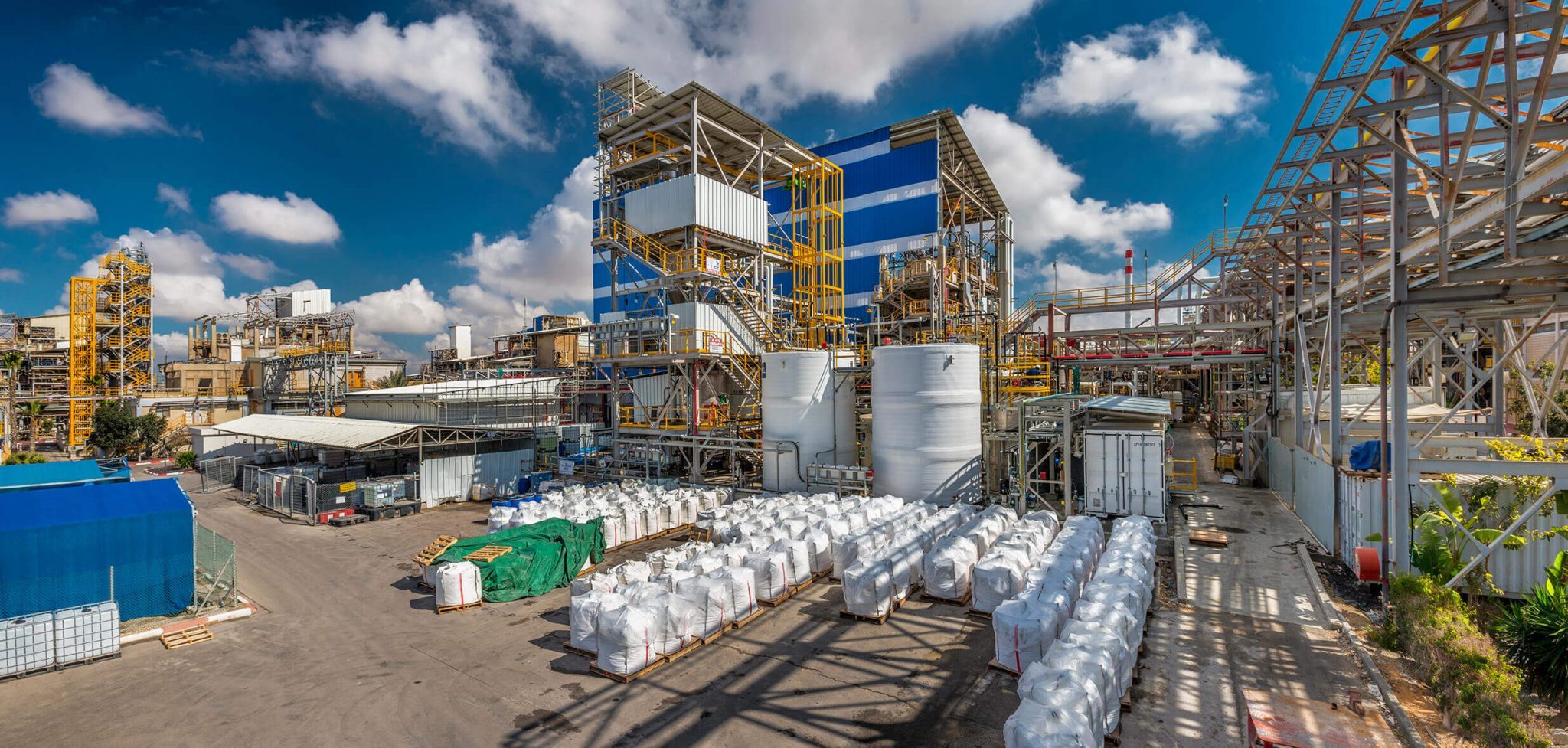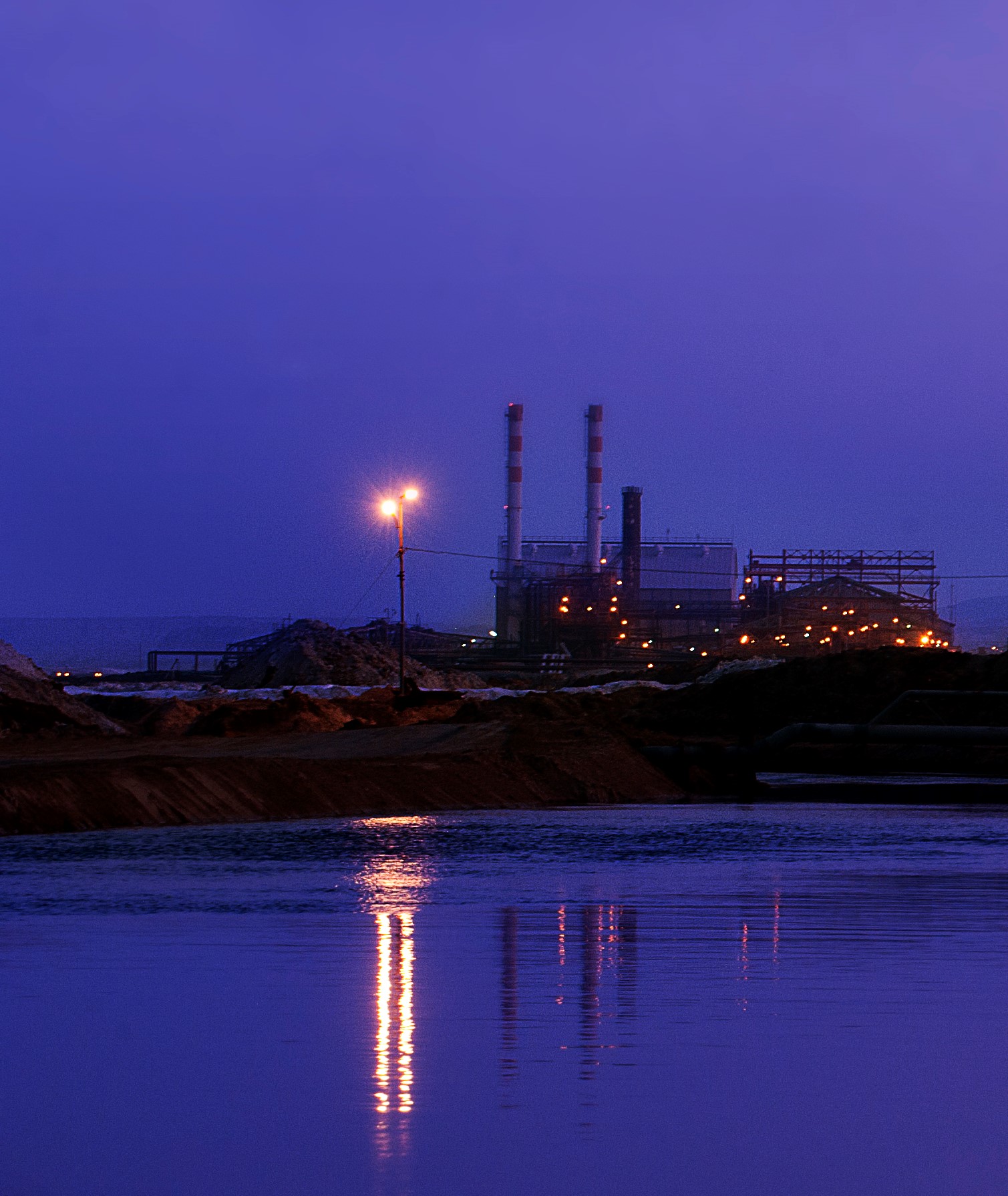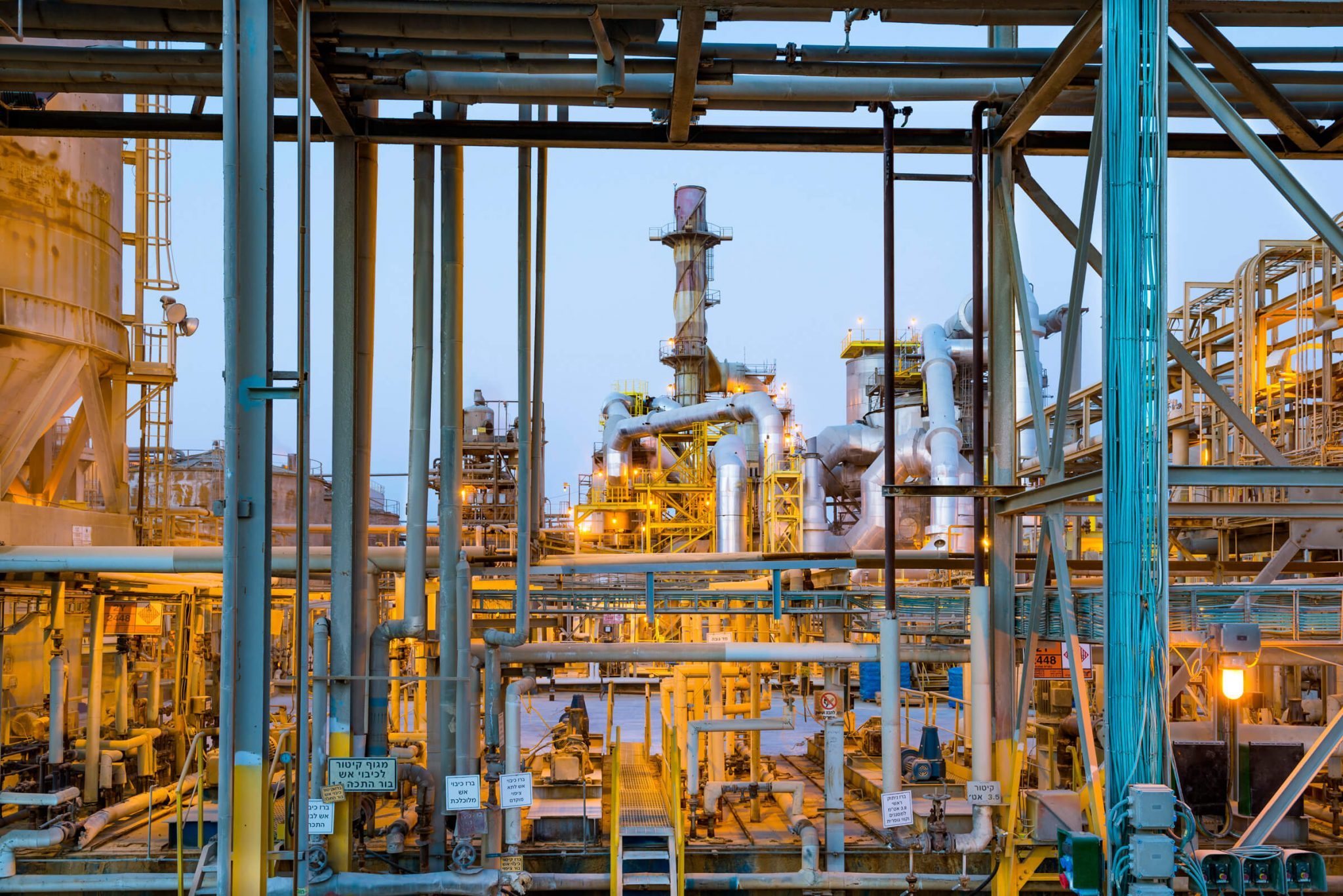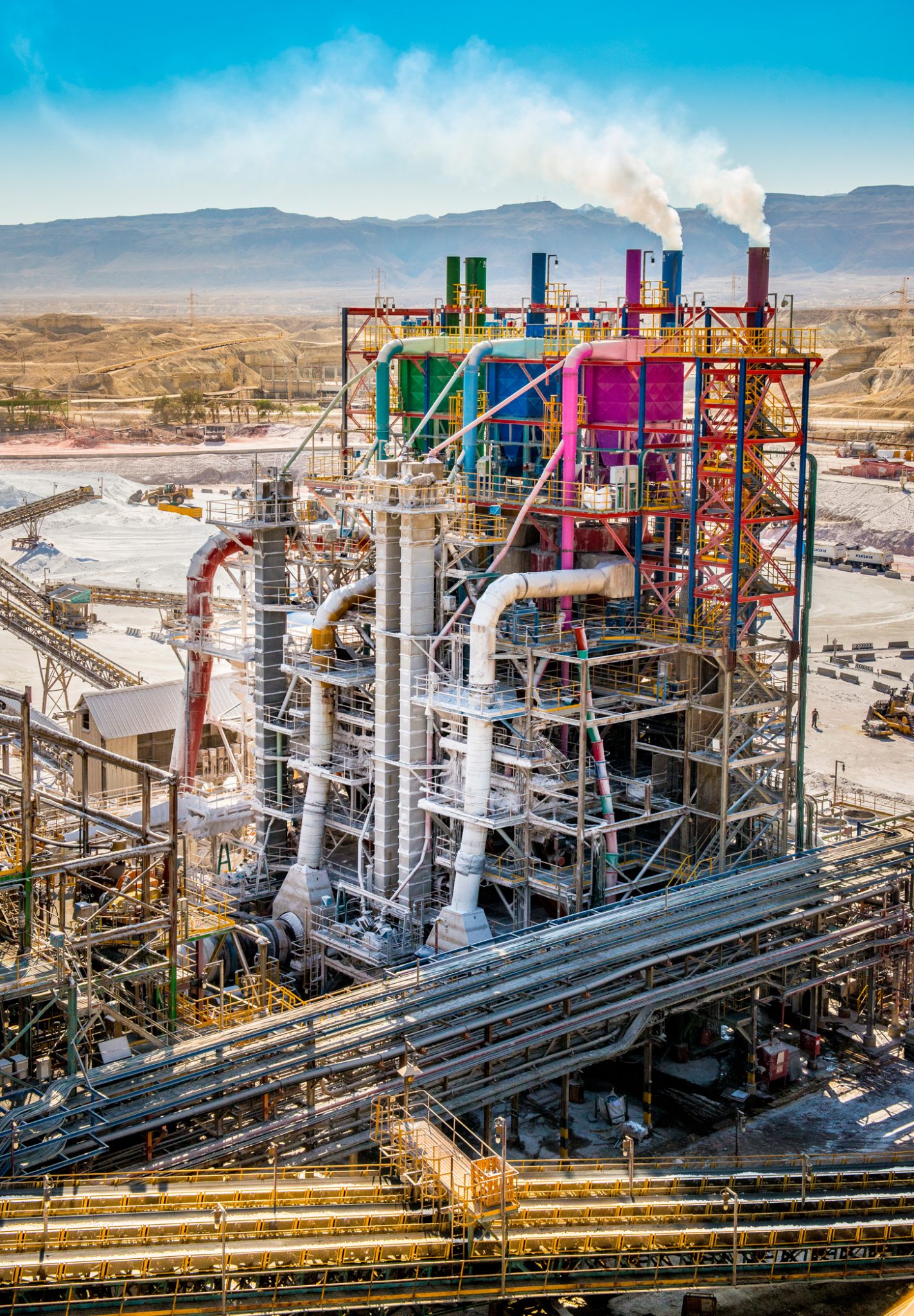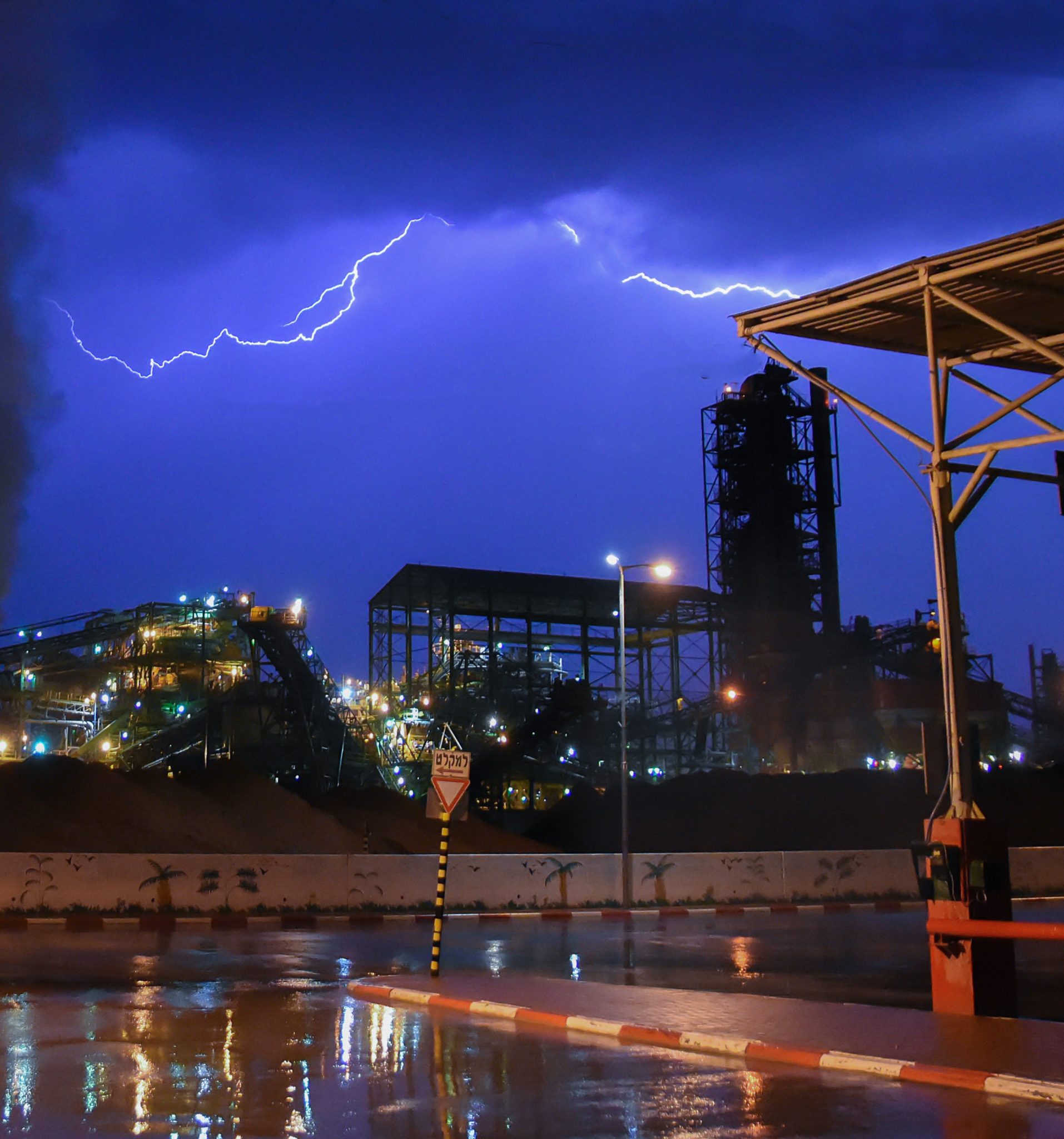
Promoting Circular Economy at ICL Rotem
As ICL broadens and expands its view on transforming from linear process to circular economy, new business ventures come into view. ICL Rotem created a business unit dedicated to viewing its byproducts in a new light and finding value in what previously were byproducts or waste streams of the production process. ICL Rotem inputs energy, resources and work, in order to create its products. The byproducts of the company’s main production processes contain viable and valuable minerals. These include Fluorine, Silica,[...]

